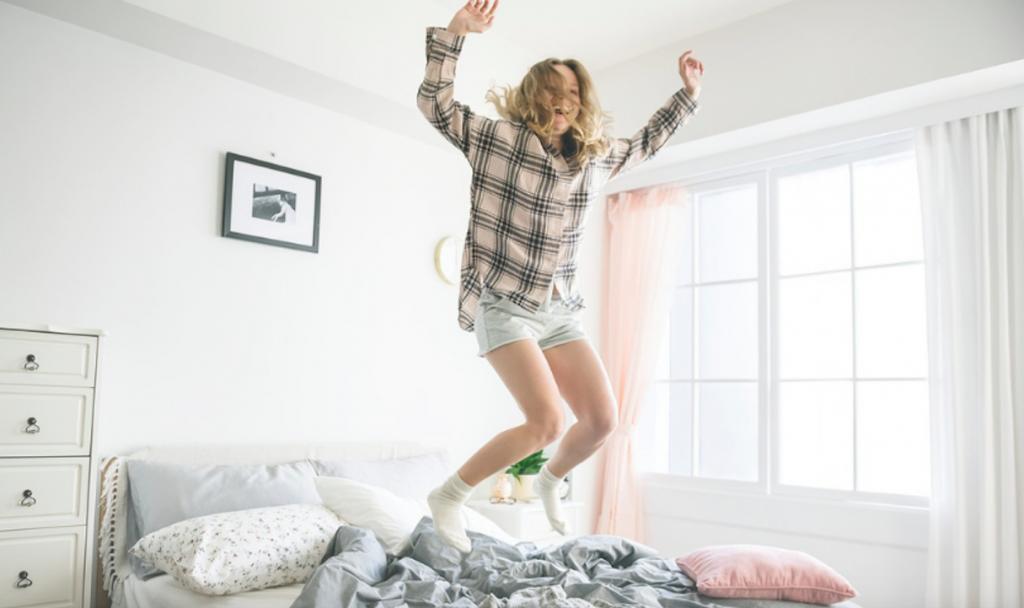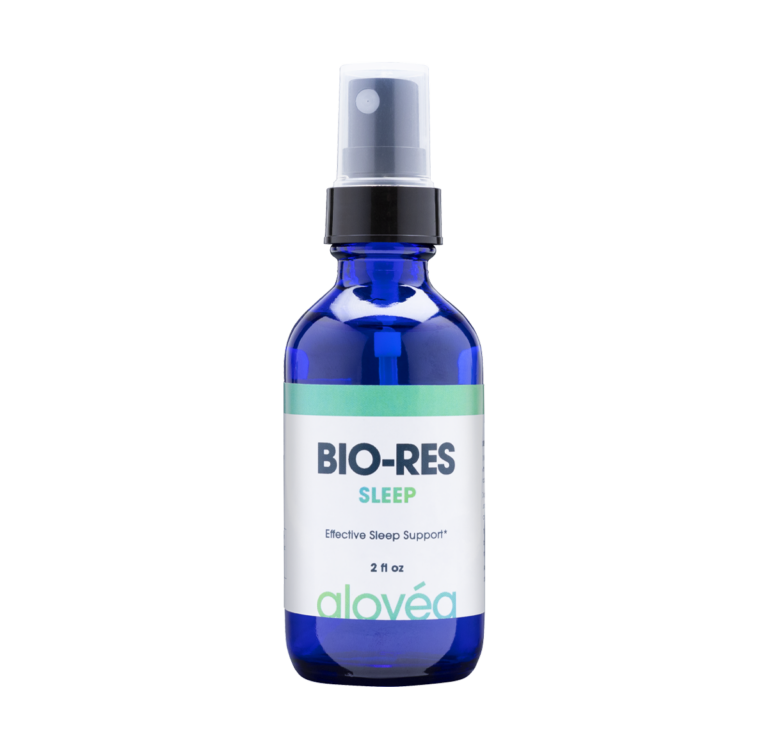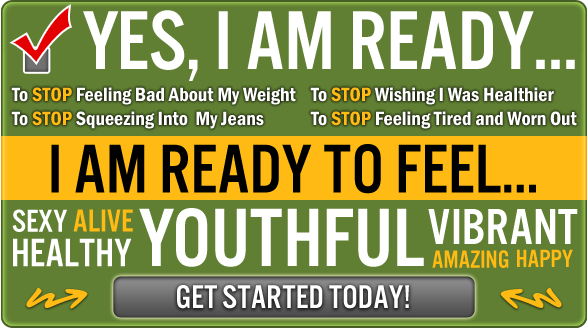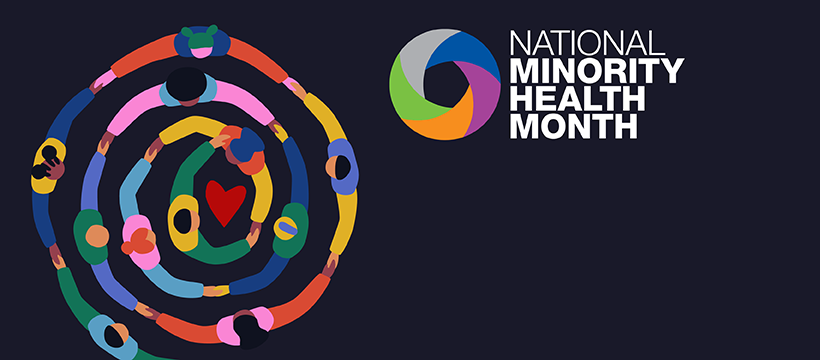
Online Trainer Tip -Getting better sleep will help with your weight loss and fitness goals.
Sleep and weight loss has been studied a lot over the years and it’s been shown that getting the proper amount of sleep does play a big roll in weight loss.
If you are trying to get fit, lose body fat and change your lifestyle, sleep is a one factor.
This online trainer and fitness coach tip is mainly to give you some tips on HOW TO SLEEP better. This is a part of our Online Get You In Shape 90 Day Lifestyle Makeover Program.
It’s called the 10-3-2-1 Rule
10-Hour Before Bed – No More Caffeine
Caffeine levels peak one hour after consuming coffee and stay at this level for five hours. By the sixth hour, around half of the caffeine is still in the body. Finally, only after 10 hours will the caffeine no longer be in the body.
Remember, it’s not just your coffee that can contain caffeine. Other products may also be stopping you from getting a good night’s slumber. Caffeine is present in sports drinks, some soft drinks, and some foods. Make sure you read the label and ensure you aren’t substituting coffee for something else that contains caffeine. Some prescription medications and over-the-counter medications contain caffeine too.
3- Hours Before Bed – No more food. When we eat food, it requires energy from the body to digest the food and causes the body to work, which increases cortisol. This causes a decrease in melatonin which causes a delay in your ability to go to sleep and also impacts the quality of your sleep. This tip will not only help you with your health and fitness, but will also help with your sleep.
2 Hours Before Bed. Nothing that would stimulate your brain. This would be more like doing any work related stuff or anything that may cause stress or stimulates your brain.
1 hour before bed – Eliminate all Blue Light. Electronics should be turned off within one hour of going to bed. This includes TV, computers, cell phones, and tablets. This might be difficult right away, but in the end, it will make a big difference. I mentioned this before, but it is so important that I have to reiterate it again. Our bodies are used to winding down when the sun goes down at night.
Computers, TVs, cell phones and tablet screens stimulate the brain, acting like the sun to keep us awake. This brain stimulation keeps us up at night and tells our body to stay awake.
I also recommend getting some blue blockers if you do happen to check your phone or watch something within one hour.
There are other things like red light therapy, meditation, breathing and other tools you can use but for this blog post I wanted to keep it simple so that you can just start applying the tips.
If you need a great supplement solution
Bio-Res Sleep Support * provides a revolutionary new “non-hormone” solution to support your body’s ability to normalize its bioelectrical fight or flight responses to things like stress, anxiety, or occasional feelings of depression to help you experience a deeper more restful sleep. *
Effects of Sleep and Weight Loss
Research tells the story. A study in the American Journal of Clinical Nutritionfound that when people were starved of sleep, late-night snacking increased, and they were more likely to choose high-carb snacks. In another study done at the University of Chicago, sleep-deprived participants chose snacks with twice as much fat as those who slept at least 8 hours.
A second study found that sleeping too little prompts people to eat bigger portions of all foods, increasing weight gain. And in a review of 18 studies, researchers found that a lack of sleep led to increased cravings for energy-dense, high-carbohydrate foods.
Why eating before bed is NOT good if you are trying to lose weight
I always like to refer to “Breakfast is King, Lunch is Queen and Dinner is Prince”
When it comes to losing weight, making sure you don’t eat too much later in the day is KEY.
This means that you have to plan your meals and snacks out so that you don’t eat too much at later.
According to recent research. One study found that “late eaters” lost significantly less weight – and took longer to lose it – than “early eaters”, those who ate their main meal before 3pm.
Another study found that eating dinner within 3 hours of bedtime was positively linked with a risk of developing acid reflux symptoms, a fairly common condition that causes everything from heartburn and indigestion to coughing, hoarseness, and asthma.
The results held steady even after controlling for smoking, BMI, and other factors that could affect heartburn.
Physician Jamie A. Koufman echoed these concerns. Koufman described how late-night dining – especially when it consists of a heavy meal followed by little or no activity – can screw up the systems our bodies rely on to process food.
Our bodies aren’t designed to eat a big meal and collapse on the couch afterwards
As it turns out, sitting upright helps us digest – it lets gravity do the work of keeping the contents of our stomach down. In people with heartburn, laying down can cause the acid in the stomach to leak out into the esophagus, or ‘foodpipe’, causing reflux.
Since the stomach takes about 3 hours to empty itself, waiting at least this amount of time before laying down or sleeping is a good idea.
Sleep and Metabolism
Sleep is like Nutrition for the brain. Most people need between 7 and 9 hours each night. Get less than that, and your body will tend to go into starving mode and your cravings for unhealthy foods will kick in.
All this means is that you are more likely to hang onto fat and no one wants that.
Researchers found that when dieters cut back on sleep over a 14-day period, the amount of weight they lost from fat dropped by 55%, even though their calories stayed equal. They felt hungrier and less satisfied after meals, and their energy was zapped.
University of Chicago researchers say that sleep deprivation makes you “metabolically groggy,” . Within just 4 days of insufficient ZZZs, your body’s ability to process insulin — a hormone needed to change sugar, starches, and other food into energy — goes awry. Insulin sensitivity, the researchers found, dropped by more than 30%.
This is bad because when your body doesn’t respond properly to insulin, your body has trouble processing fats from your bloodstream, so it ends up storing them as fat.
So it’s not so much that if you sleep, you’ll lose weight, but that too little sleep hampers your metabolism and contributes to weight gain.
1. Stick to a sleep schedule
Set aside no more than eight hours for sleep. The recommended amount of sleep for a healthy adult is at least seven hours. Most people don’t need more than eight hours in bed to be well rested.
Go to bed and get up at the same time every day, including weekends. Being consistent reinforces your body’s sleep-wake cycle.
If you don’t fall asleep within about 20 minutes of going to bed, leave your bedroom and do something relaxing. Read or listen to soothing music. Go back to bed when you’re tired. Repeat as needed, but continue to maintain your sleep schedule and wake-up time.
2. Pay attention to what you eat and drink
As mentioned above, don’t eat anything at least 3 hours before going to bed.
Nicotine, caffeine and alcohol deserve caution, too. The stimulating effects of nicotine and caffeine take hours to wear off and can interfere with sleep. And even though alcohol might make you feel sleepy at first, it can disrupt sleep later in the night.
3. Create a restful environment
Keep your room cool, dark and quiet. Exposure to light in the evenings might make it more challenging to fall asleep. Avoid prolonged use of light-emitting screens just before bedtime. Consider using room-darkening shades, earplugs, a fan or other devices to create an environment that suits your needs.
Doing calming activities before bedtime, such as taking a bath or using relaxation techniques, might promote better sleep.
4. Limit daytime naps
Long daytime naps can interfere with nighttime sleep. Limit naps to no more than one hour and avoid napping late in the day.
However, if you work nights, you might need to nap late in the day before work to help make up your sleep debt.
5. Include physical activity in your daily routine
Regular physical activity can promote better sleep. However, avoid being active too close to bedtime.
Spending time outside every day might be helpful, too.
6. Manage worries
Try to resolve your worries or concerns before bedtime. Jot down what’s on your mind and then set it aside for tomorrow.
Stress management might help. Start with the basics, such as getting organized, setting priorities and delegating tasks. Meditation also can ease anxiety.
Bio-Res Sleep Support * provides a revolutionary new “non-hormone” solution to support your body’s ability to normalize its bioelectrical fight or flight responses to things like stress, anxiety, or occasional feelings of depression to help you experience a deeper more restful sleep. *
Get You In Shape’s Online Personal Training and Online Coaching Program
With over 5,000 happy clients including 800 + YouTube Testimonies, the Get You In Shape Online Training program is ready to help you.
We specialize in helping ALL fitness. Giving them a plan to nutrition plan and fitness plan to follow.
We all need a coach in life but when it comes to your health and fitness, having a coach is critical for getting results. As an online fitness trainer and coach, our job is to create the motivation, inspiration, inspiration and accountability needed to start and stick to a lifestyle change.
If you have read this far then it’s clear that you are truly serious about making a positive change in your life and you want more than ever to a sculpt, slim and fit body that will give you the CONFIDENCE you deserve.
Most people want it, but few will actually do anything about it so let me take a minute to acknowledge YOU for taking this first step.
I want to be very clear – this may be an important consideration for you – our program is NOT for people who want to “get their butts kicked” or walk out of a workout feeling like they’ve been hit by a bus. They are not for anyone who wants to be in a competition each and every workout session.
Our workouts are scientifically designed to deliver body-transformation results AND make you feel & move better than ever before. Form and function are two very important factors in our training program.
Don’t worry though, as we will educate you on how to do both. I also want to share that Get You In Shape is a small, family-owned business that puts a real emphasis on relationships.
We consider our Clients a part of our Get You In Shape Family, and they share the same view. We’re NOT like a big-box facility or a national franchise that basically rents you equipment and may offer some personal training services for a few hours a week. Our clients’ success goes beyond the programs and services we offer. The relationships we create and our clients’ strong desire to do business with US is how we can truly make a difference in their lives. But don’t take my word for it, check out our 800 plus YouTube Success Stories on our playlist on the top browser. These are REAL PEOPLE with REAL Success Stories!
*These statements have not been evaluated by the Food and Drug Administration. These products are not intended to diagnose, treat, cure or prevent any disease.






